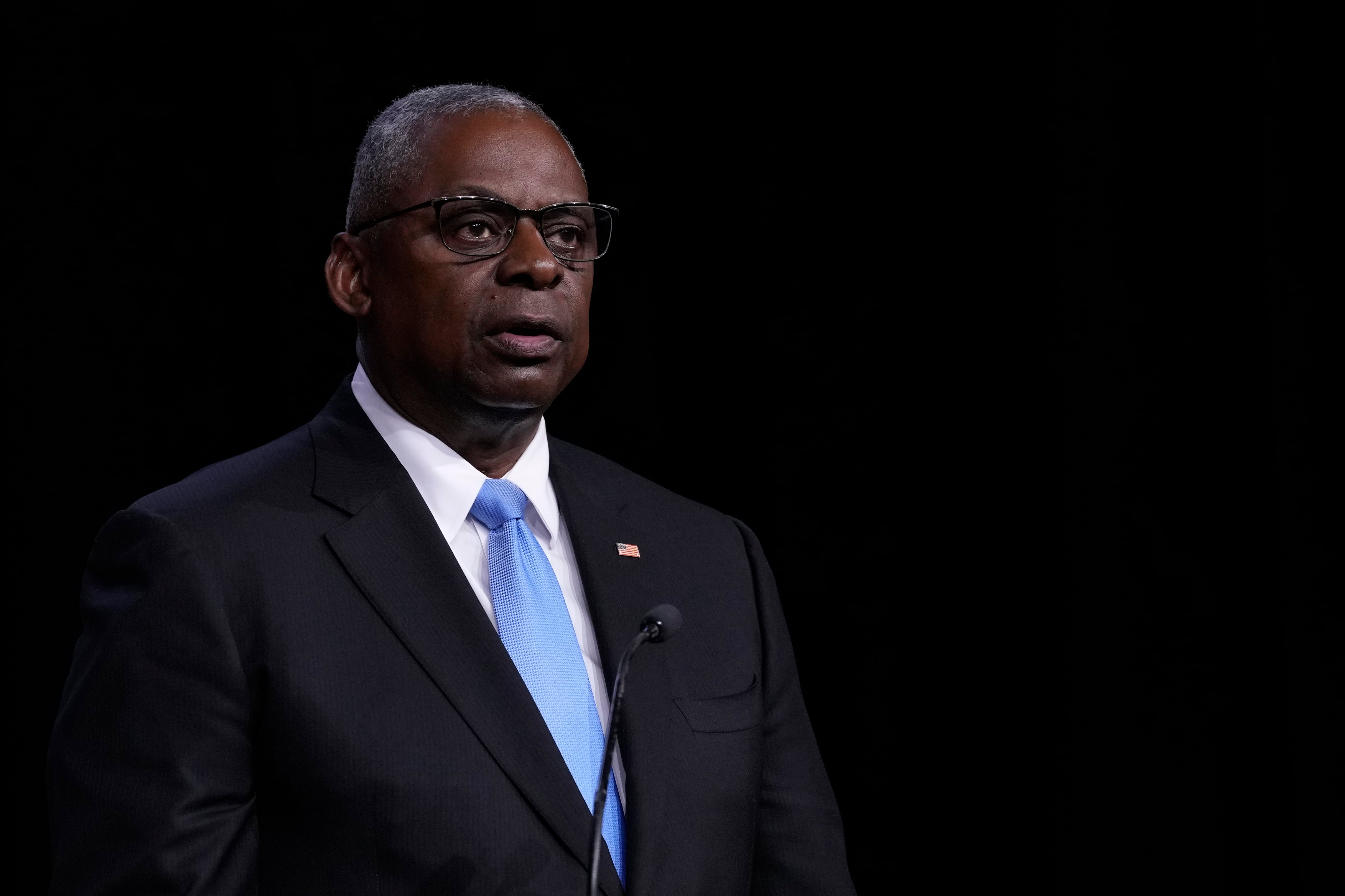VIENTIANE, Laos — China’s defense minister will not meet with America’s secretary of defense this week, marking the first time in a year that Beijing has paused high-level military talks.
A senior American defense official, speaking with reporters before a summit of Asian defense officials in Laos, said that the Pentagon had offered to meet and that China declined, citing objections over U.S. arms sales to Taiwan.
The official doubted that reason was sincere and referenced China’s other rationales to stop talking in recent years: sanctions, the spy balloon crisis and former House Speaker Nancy Pelosi’s visit to Taiwan in 2022.
China considers Taiwan, a democratic, self-governing island, part of its rightful territory and hasn’t ruled out using military force to occupy it. The U.S., meanwhile, is Taiwan’s oldest and largest provider of arms. This year alone it’s sent Taipei $1.2 billion in long-term security assistance and another $567 million in equipment shipped directly from American stocks.
The most recent foreign military sales to Taiwan came in late October, including radars worth up to $828 million and air defense systems worth up to $1.16 billion.
Meanwhile, Chinese leader Xi Jinping met with American President Joe Biden this week in Peru, where they discussed security issues, including Taiwan.
After Pelosi’s trip two years ago, China cut military communications and grew more aggressive toward American forces operating in the region. It took a summit between Xi and Biden late last year for these intercepts to stop and the talks to resume.
Since then, the channels have opened and stayed so. Senior military and defense officials from each country have met, some multiple times. U.S. Defense Secretary Austin sat down with Minister of National Defense Adm. Dong Jun for the first time this summer in Singapore during another conference.
Dong is China’s third defense minister — a largely ceremonial role — in as many years amid a larger anti-corruption purge of the People’s Liberation Army.
American officials acknowledge that the talks themselves accomplish little. Still, they argue it’s important for the world’s most powerful militaries to speak regularly. Closing these channels is a longtime tactic for China’s government to express frustration with the U.S.
The defense official said it wasn’t clear whether the choice not to meet this week signaled a wider pause in military talks, akin to the Pelosi visit. That said, at a press conference earlier this week, Biden did not mention any rift.
“On military communication, at multiple levels our leaders are now regularly talking to one another on a regular basis,” Biden said.
Noah Robertson is the Pentagon reporter at Defense News. He previously covered national security for the Christian Science Monitor. He holds a bachelor’s degree in English and government from the College of William & Mary in his hometown of Williamsburg, Virginia.




